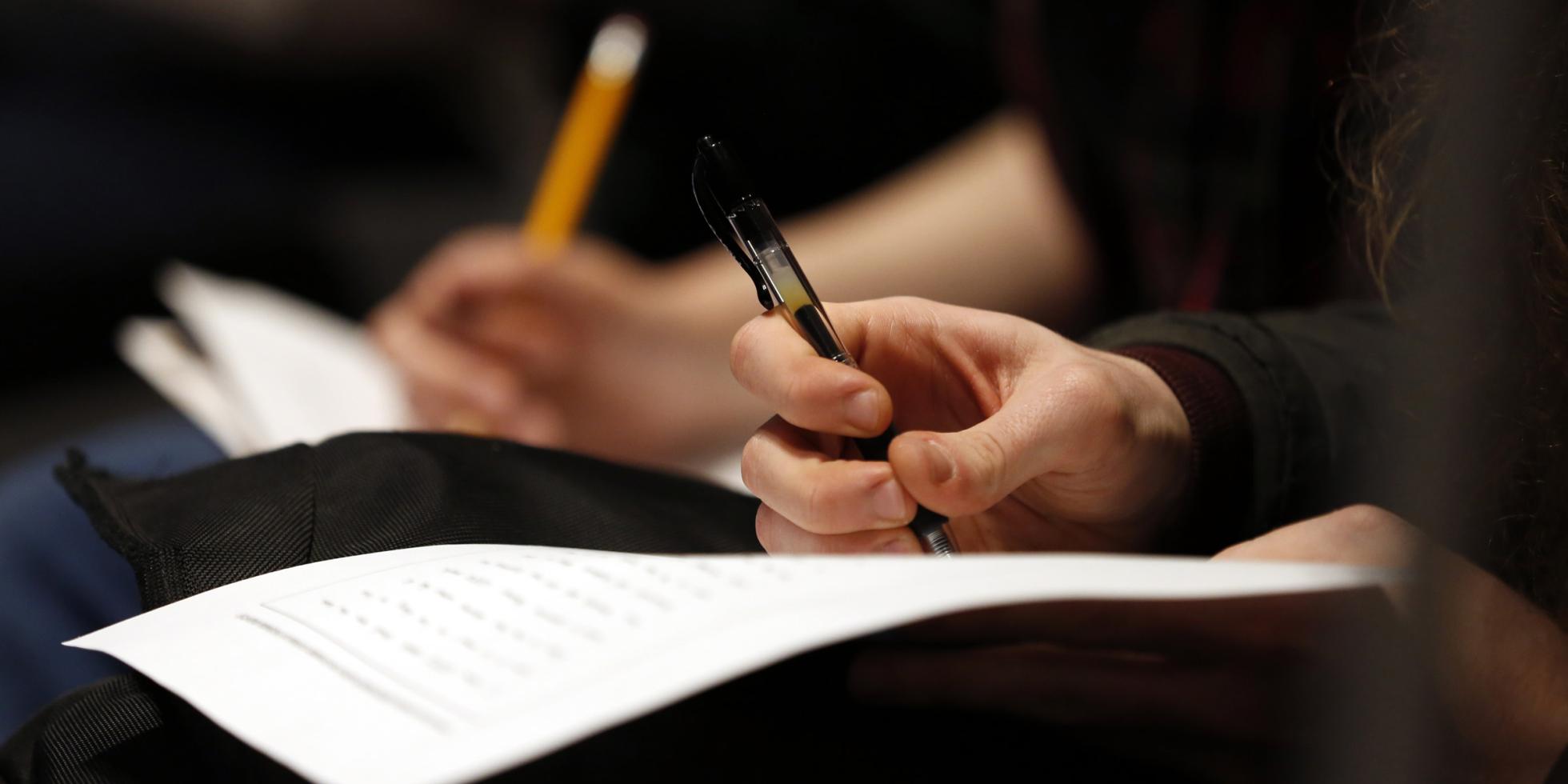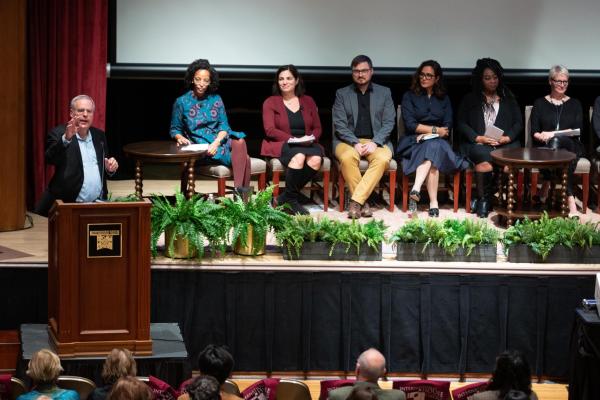Cutting-edge Scholarship
Our faculty produce path-breaking research that shapes human rights discourse and expands human rights as a field of study.
Support for the Next Generation
We offer support, guidance, and opportunities to early-career human rights scholars.
Pozen Reports
We publish occasional guides to conversations among human rights scholars and practitioners, highlighting their relevance to pressing issues of our time.




